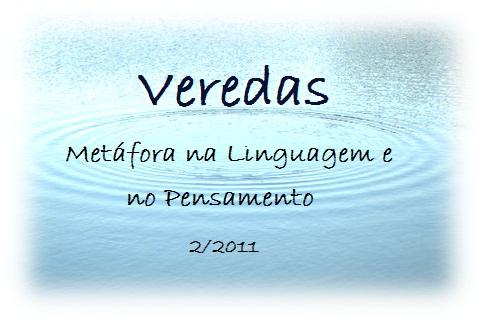12) O humor verbo-pictórico em expressões idiomáticas
Abstract
Inglês: The verb-pictorical humor in idioms
This study intend to discuss what are the cognitive process that triggers the conceptual metaphor and humour in two idioms: O bom cabrito não berra (FERNANDES, 2001, p. 87) e Engolir sapo (BALLARDIN; ZOCCHIO, 1999, p. 14). We hypothesize that the mechanism of humor in these idioms are motiva ted by the same metaphor ACQUIESCING IS SWALLOWING (GRADY, 1997, p. 294). We analyzed these two examples in the light of the approaches of Grady (1997), Lakoff (1999, 1987), Fauconnier e Turner (2002) e Kövecses (2005). It is argued that the effects of humor often depend on a metaphorical processes; understanding these effects requires consideration of the blending involved in these meaning generation.
Keywords: idioms; conceptual blending; pictorial representation;humour.
Tradução: Esse estudo pretende discutir quais são os processos cognitivos geradores da metáfora conceptual e do humor presentes nas seguintes expressões idiomáticas (EIs): O bom cabrito não berra (FERNANDES, 2001,p. 87) e Engolir sapo (BALLARDIN; ZOCCHIO, 1999, p. 14). Nossa hipótese é a de que estas EIs são motivadas pela mesma metáfora: ACQUIESCING IS SWALLOWING (ACEITAR É ENGOLIR) (GRADY, 1997, p. 294. Para atingirmos nossos objetivos, utilizaremos os pressupostos de Grady (1997), Lakoff (1999, 1987), Fauconnier e Turner (2002) e Kövecses (2005). Argumentamos que os efeitos do humor dependem de um processo metafórico e entender estes efeitos requer considerar a mesclagem envolvida na geração do significado.
Palavras-chave: expressões idiomáticas; mesclagem conceptual; representação pictórica; humor

